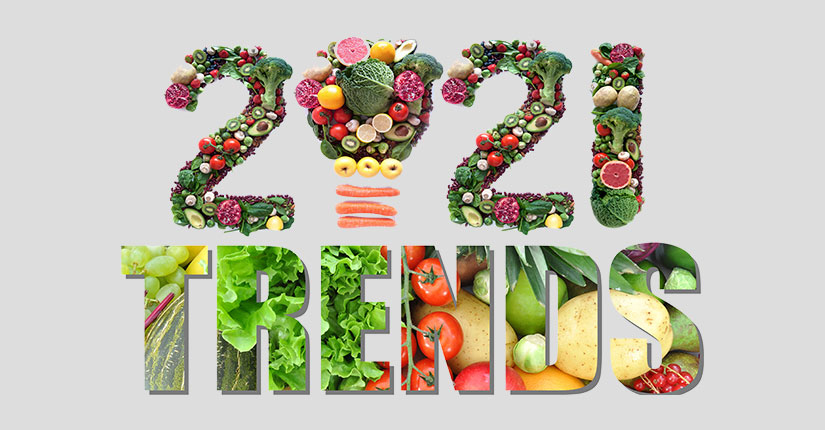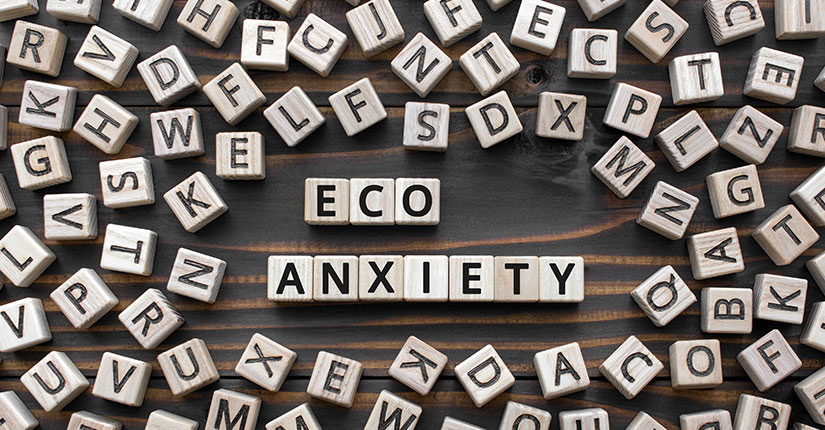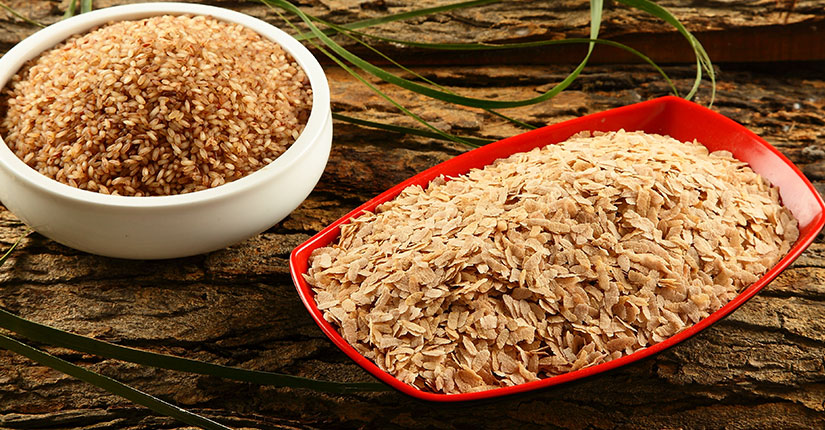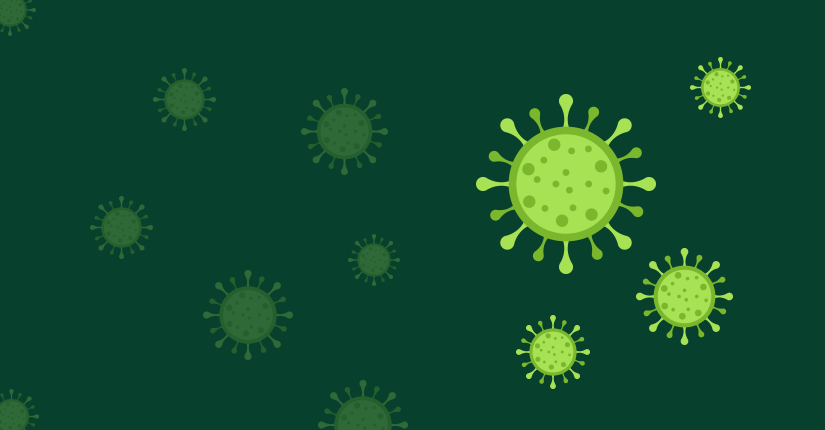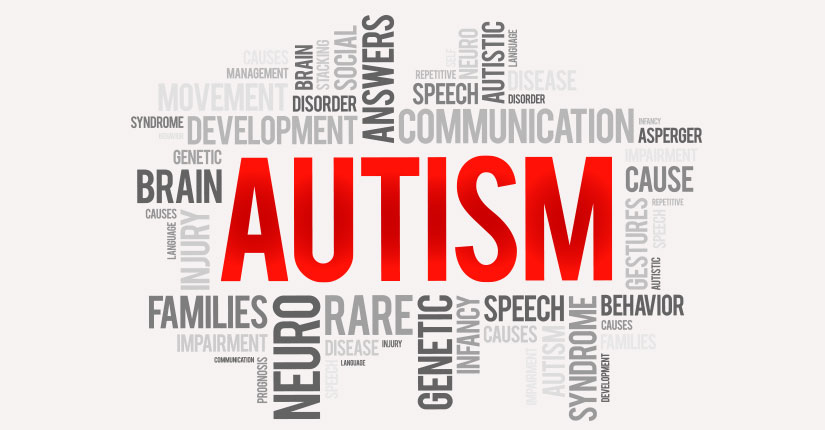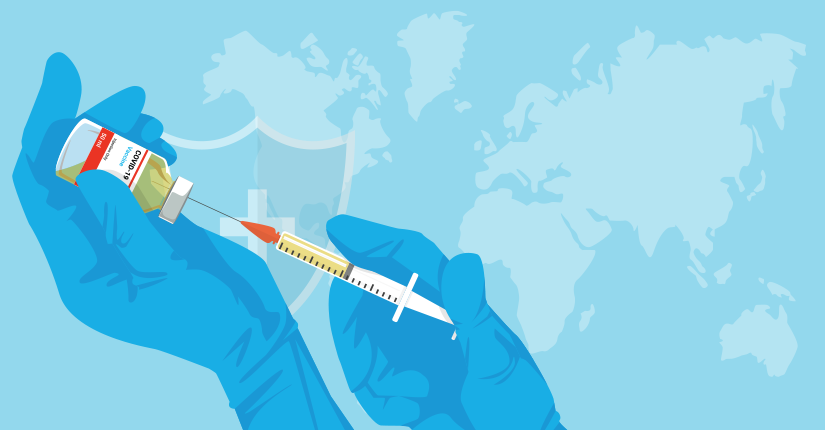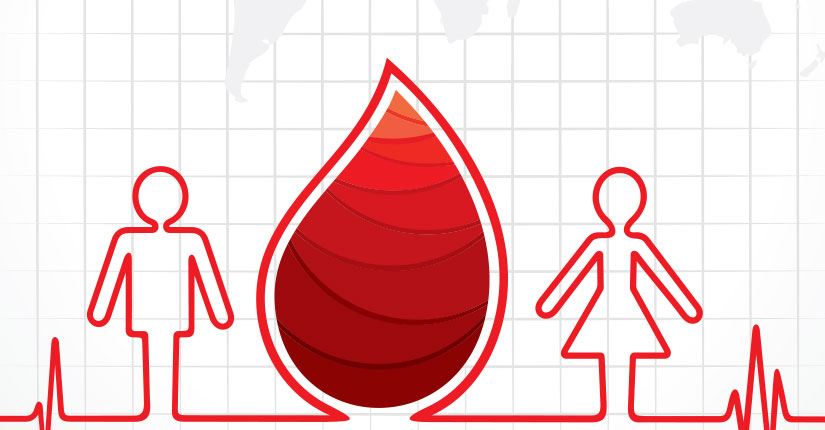What is Herd Immunity and What Should you Know about It
By Nmami Life Editorial 31-May 2020 Reading Time: 4 Mins

Herd immunity is referred to as when most of a population is immune to an infectious disease this provides indirect protection or herd protection to those who are not immune to the disease.
Herd immunity protects people who can’t get vaccinated as either their immune system is weak or vaccines might make them sick. This group of people includes babies, people with vaccine allergies, and anyone with an immune-suppressing disease like HIV or cancer.
For instance, if the majority of the population is immune to a virus, four out of every five people who encounter someone with the disease won’t get sick (and won’t spread the disease any further). In this way, the spread of infectious diseases stays under control. It depends on how contagious infection is, usually 70% to 90% of a population needs immunity to achieve herd immunity.
How did we achieve herd immunity for other infectious diseases?
Previous infections like measles, mumps, polio, and chickenpox are examples of infectious diseases that were once very common but are now rare because vaccines helped to achieve herd immunity. We observed outbreaks of vaccine-preventable diseases in communities with lower vaccine coverage because they don’t have herd protection.
The disease can still infect children or those with weakened immune systems like elderly or pregnant women for infections without a vaccine, even if many people have developed immunity because of prior infection. This was observed for many of the diseases before vaccines were developed.
Several other viruses (like the flu) mutate over time, so antibodies from a previous infection provide protection for only a short period of time. COVID-19 currently continues to infect humans and we can expect that people who get infected will be immune for months to years, but probably not through their entire lives.
If you think getting infected with SARS-CoV-2 intentionally to “get it over with” is a good idea, then you might be wrong.
For less severe diseases, this approach might be feasible. But the situation for SARS-CoV-2 is a bit different as COVID-19 carries a much higher risk of severe disease and is even fatal.
The death rate for COVID-19 is not certain, but current data suggest it is 10 times higher than for the flu. The susceptibility is more in vulnerable groups like the elderly and people with weakened immune systems. Even if the same number of people ultimately get infected with SARS-CoV-2, it’s best to space those infections over time to avoid overburdening our doctors and hospitals.
Over to you
No doubt, vaccines are still the best way to protect yourself. You might think that if herd immunity can protect you, why do we need to get vaccinated? And you may one day travel to a place where vaccine coverage isn’t so high. While herd immunity is a benefit to having high vaccination coverage, direct protection if you can get vaccinated is always the best way to protect yourself from vaccine-preventable diseases.


